In schools all over the country, students tell their experiences with teachers and staff being rude, and on occasion, plain disrespectful towards them. While students are expected to show the utmost respect to Terrace staff, many are feeling as if faculty isn’t matching their energy. The traditional rule of respecting your elders has been watered down over time as people learn that respect is earned instead of given. As students become more and more willing to speak their minds, they become open to sharing their opinions with teachers when they feel disrespected.
“It should be made a point to encourage students to speak their mind about what they want in the school,” senior Kasey Bock said. Unfortunately in many cases, these students feel like they’re treated as if their opinions aren’t valid while staff members use their power to expect compliance rather than giving students the answers they were searching for.
For example, when it comes to students being in the hallway or using the bathroom during class, they’re limited to one person out at a time and given less and less time to actually use the bathroom. While the five minute passing periods are a good time to take care of these things in theory, it’s barely enough time to get from one side of the school to another – and this doesn’t account for the time it takes to pack up things from your previous class, ask the teacher a question, use the bathroom, and get to your next class. Many students and staff agree with the bathroom usage being a big issue for the school, but they have different reasons for their problems. While staff may consider using the bathroom during class distracting or a privilege, students like senior Eva Gomez question why bathroom use is always such a sensitive topic.
“A lot of the school staff are respectful, but for some reason when it comes to the restroom they always get upset or unreasonable,” Gomez said. For Gomez and many students that have been put in the situation of having an emergency while another student is out, some staff members become much more firm in the moments that seem the worst. This kind of strict enforcement over the right to use the bathroom has resulted in students feeling like they aren’t being treated the way they’re expected to act – as adults.
“How are you going to say we’re adults when you won’t let us go to the bathroom?” One student said about the limits one of their teachers have on leaving the classroom.
Many students strive to be respectful to their teachers, but it comes to the point where students feel like they’re being stereotyped based on one bad interaction they’ve had. One student (who spoke on the condition of anonymity) explained how they had a bad start of the year with a teacher. This caused other students in the class to see heightened scrutiny in what the student claimed was an attempt to get them in trouble, to the point where they were given a referral for eating in class with no previous warning.
“I’m just trying to eat because I don’t have food at home and [the teacher]’s giving me a referral,” said the student.
So, do teachers and students truly understand each other, or do they only view each other through the roles as authoritarian and subject?
One student, Mitra Quraishi, felt misunderstood as a teacher disregarded an emergency during class. She described an interaction she had with a staff member in which her modesty as a Hijabi was blatantly disrespected. As Quraishi summarized, she needed to run to the bathroom for an emergency to adjust her hijab because her hair began to show during class, and the staff member refused to let her go.

“She was like, ‘Does this happen in other classrooms?’ I have it on for six hours. Do you expect my hijab to not come off? I told her, ‘How about you try putting a headband on for six hours, let me know how many times you fix it,’” Quraishi said. This single moment highlights the gap between staff members and students in the classroom despite attempts from both sides to build that connection and resolve the issue.
Junior Devon Yee explained his positive experience with staff members regarding his rights, but also acknowledged that there isn’t always the necessary connection between the two.
“Many staff have gotten frustrated, short and even ignorant towards the fact that students have conditions and needs that have to be treated with respect and understanding,” Yee said.
The Edmonds School District has their policies open to the public, where they state in Section: 3241 that one of the purposes of the policy and accompanying procedures is “administering discipline in ways that respond to the needs and strengths of students and keep students in the classroom to the maximum extent possible.” However, students aren’t aware of their rights and how the district policies can protect both them and their teachers.
Yes, students acting out can be distracting, and teachers do deserve respect from their classes while teaching. But why assume a student is bad because of one negative experience?
While students come to school to learn, they aren’t being taught to express their emotions in a healthy and appropriate way. Instead, they might experience pressure to suppress their emotions to avoid disciplinary action. This approach to difficult behavior may solve problems inside the classroom, but leaves students almost clueless when it comes to handling their emotions in a safe and responsible way.
Staff want respect and so do the young adults in their classrooms, and currently, it’s more a give-and-take rather than mutual respect. While this is the way students feel now, that doesn’t have to stay the same forever. Both groups are experiencing their setbacks, but a proper relationship is built off communication and understanding. In the end, students aren’t asking for their teachers to set aside their morals and put them on a pedestal – they’re asking for staff members to listen to them, understand where they’re coming from and why they’re struggling.
Revealing Research
Changing the mindset of one teacher can change the social experience of that child’s entire world,” according to Jason A. Okonofua, a Stanford University social psychologist who led a series of experiments at five diverse California schools.
In an article on PBS.com, the Stanford researchers found teachers often view respect in terms of cooperation and compliance. But, for students, respect involves “a basic recognition of your humanity,” Okonofua said, including remembering a student’s name (and pronouncing it correctly), not speaking down to students or embarrassing them in front of their peers and expressing interest in their perspectives.


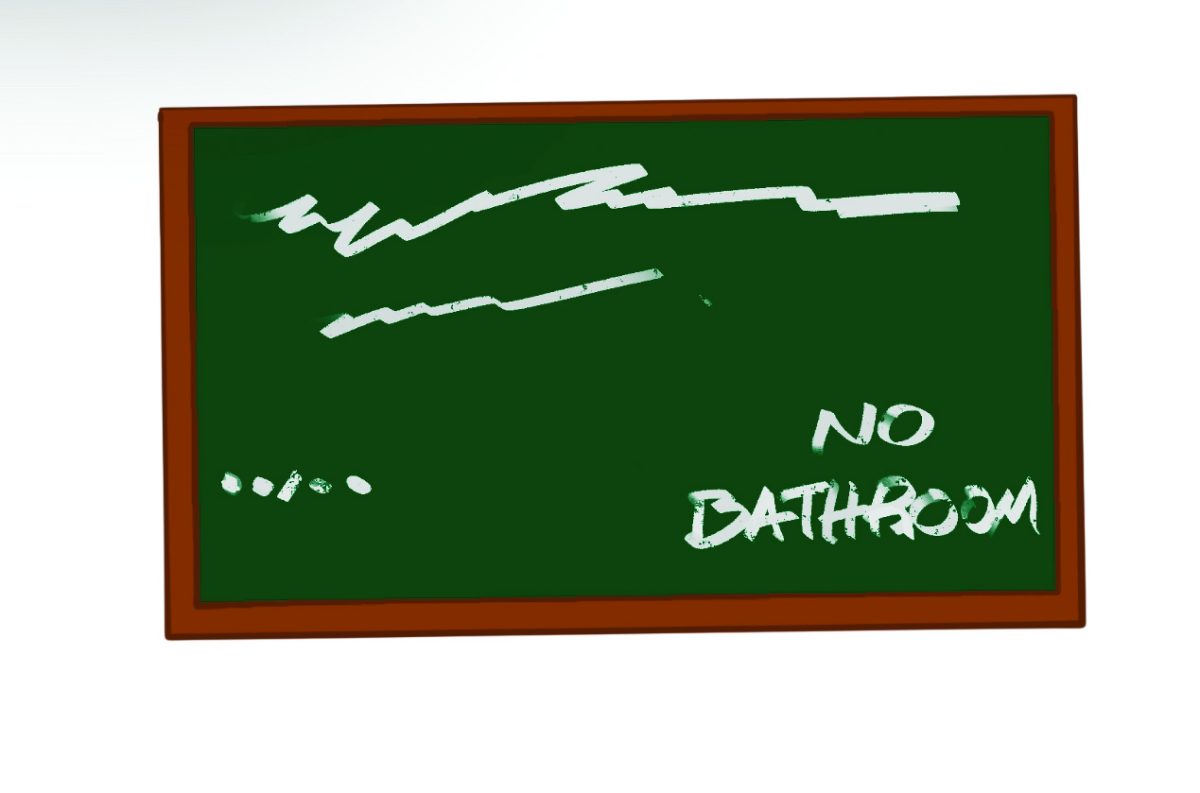
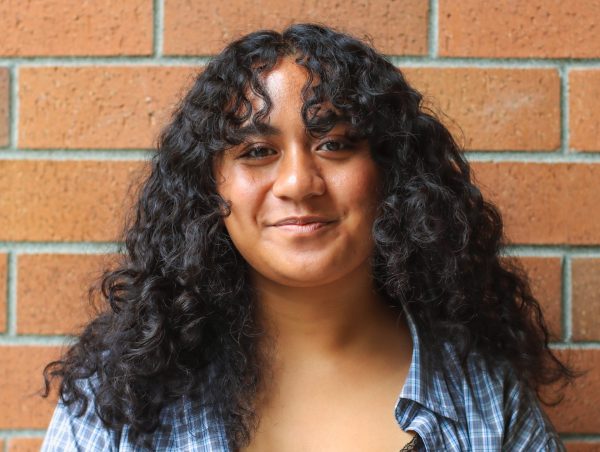
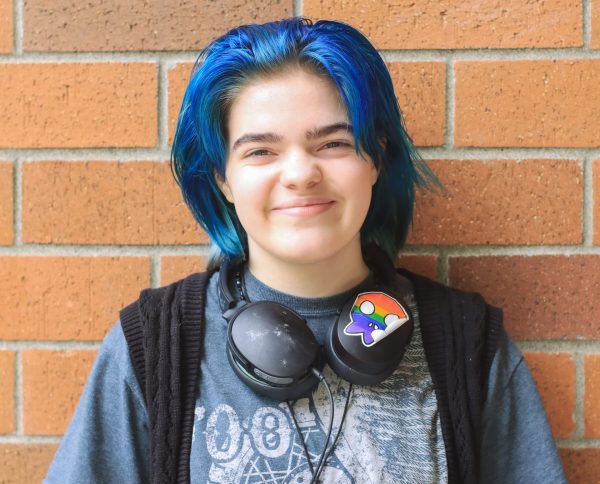
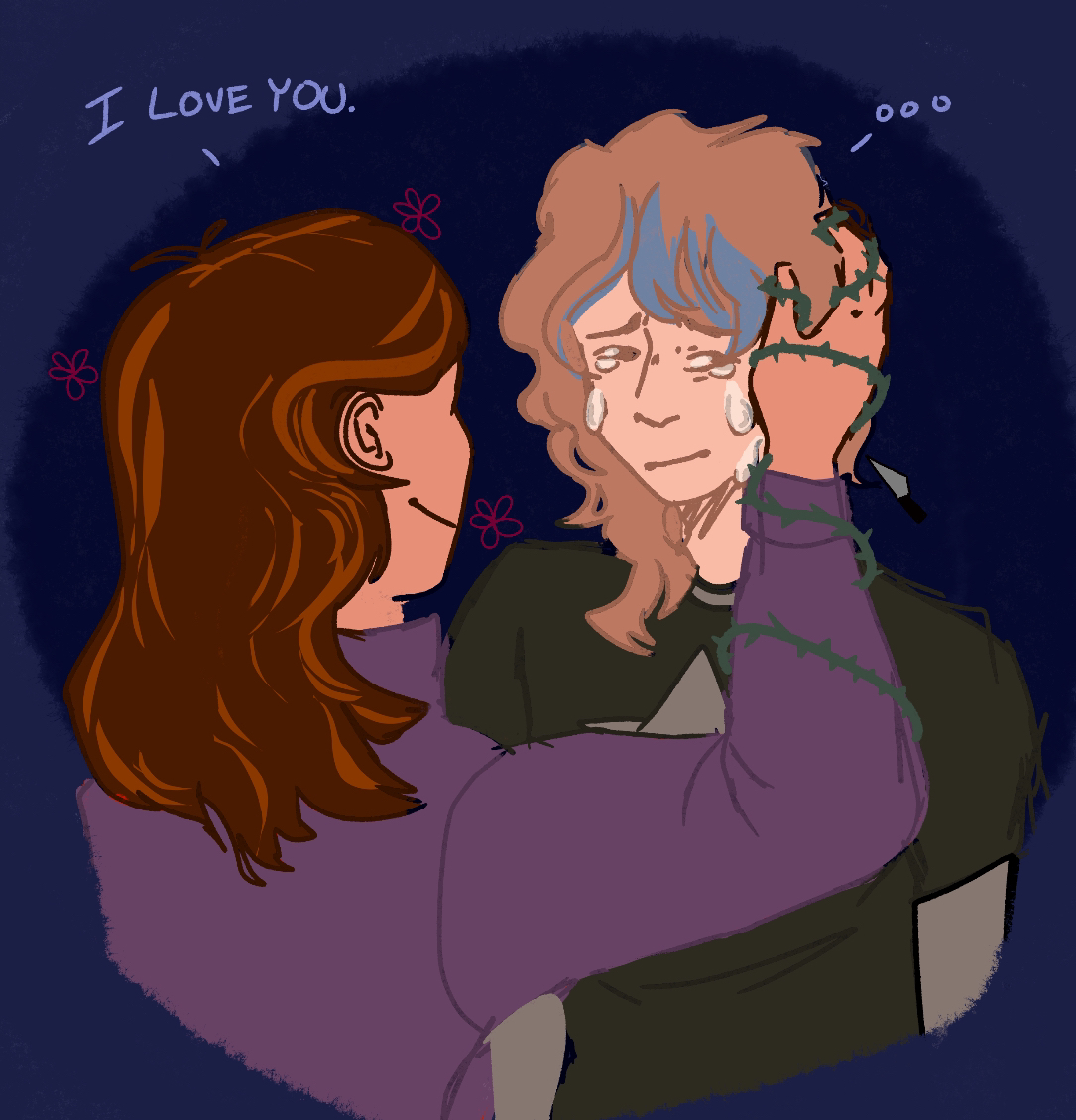

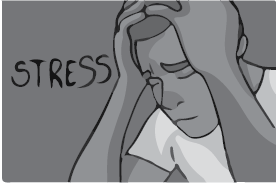
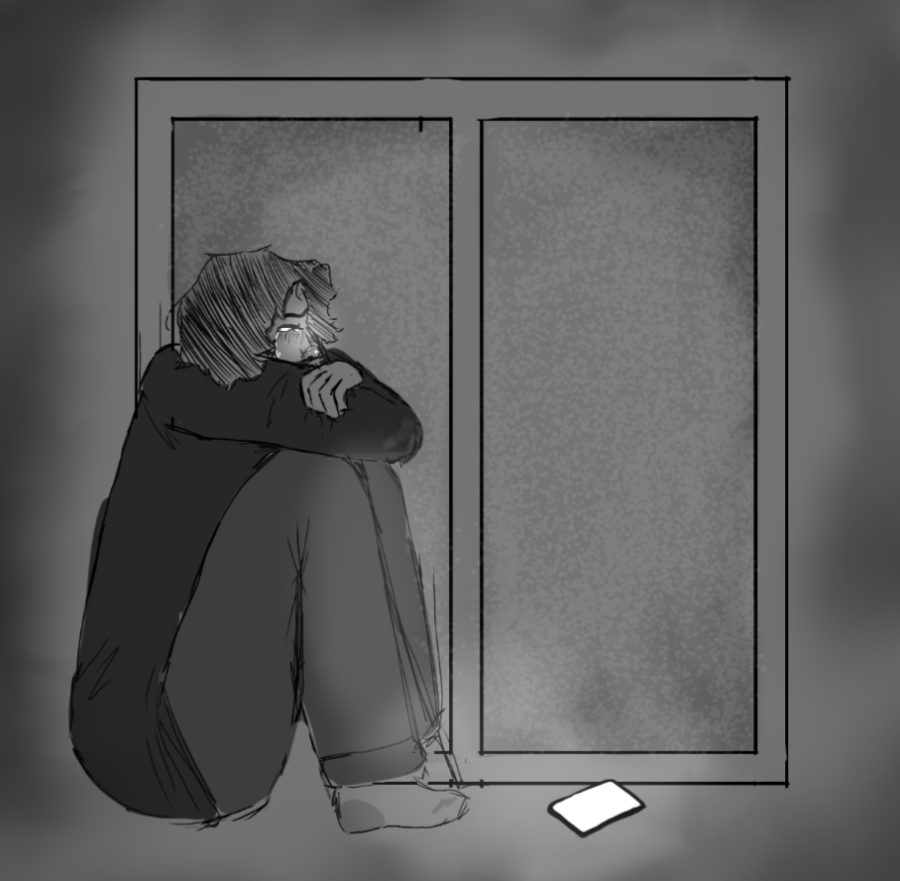
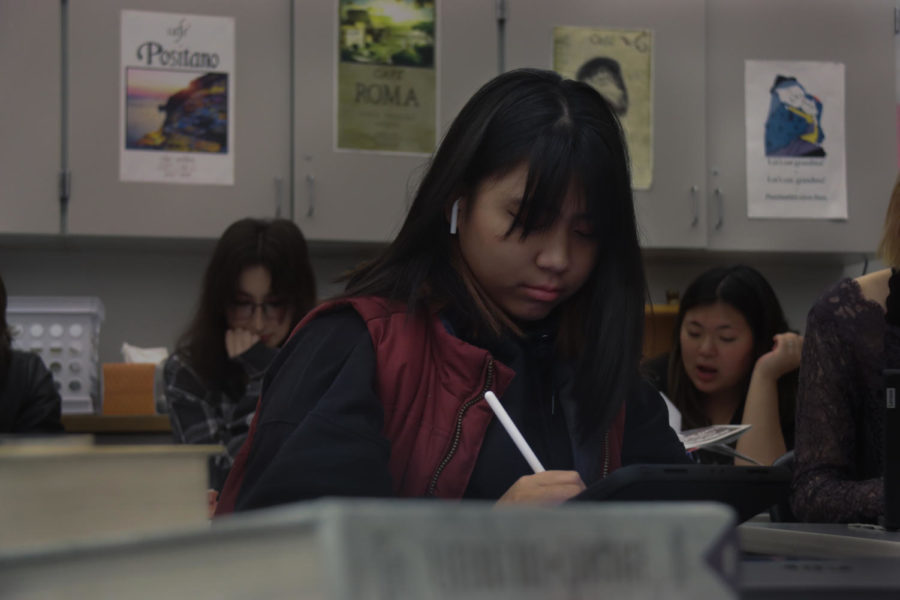


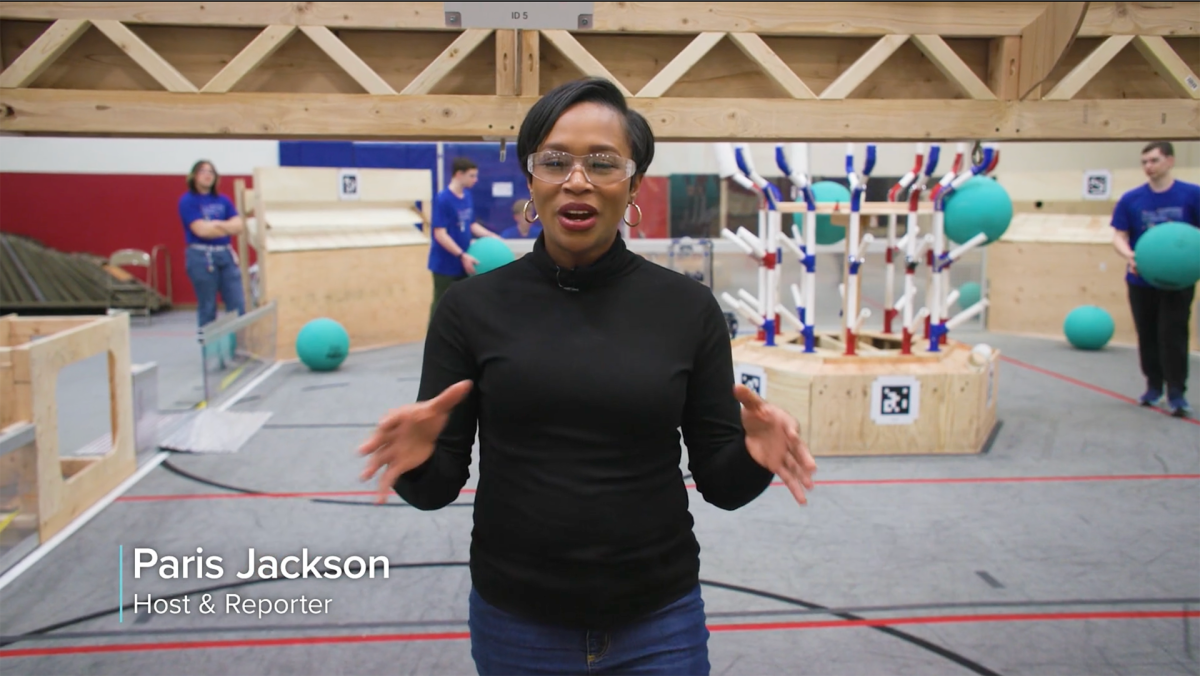

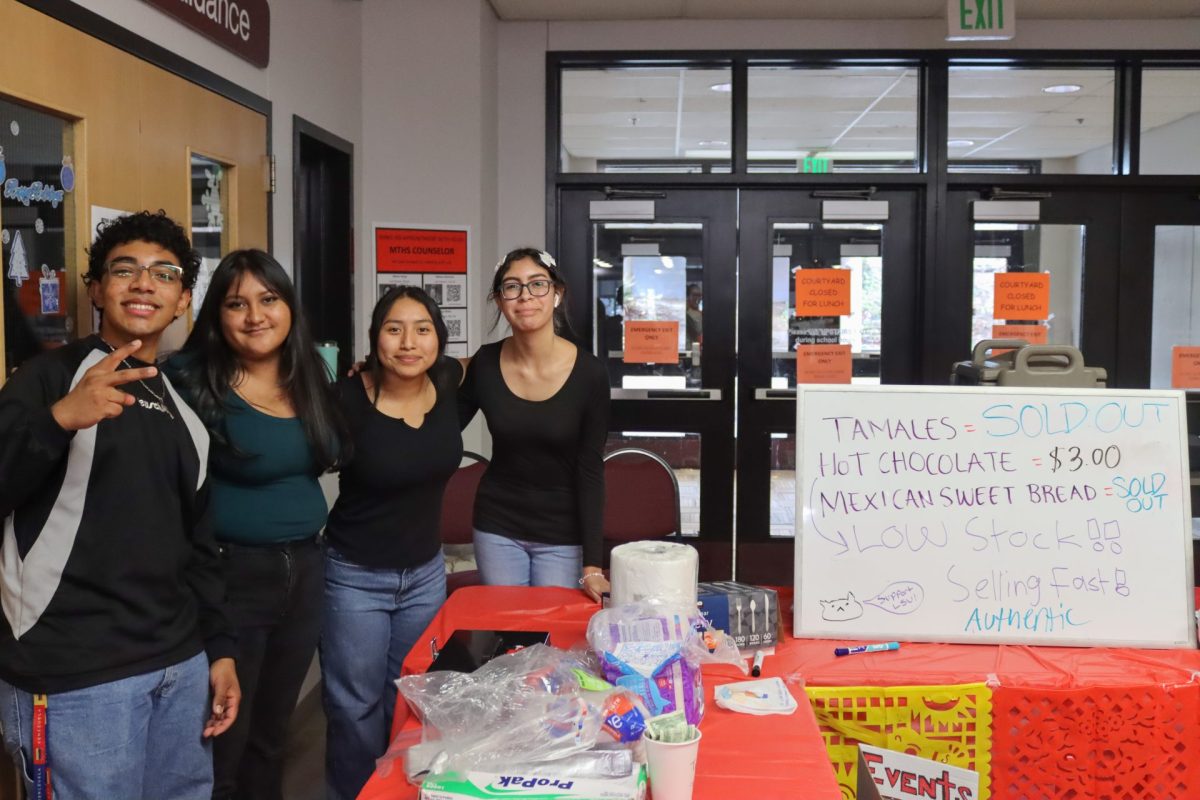
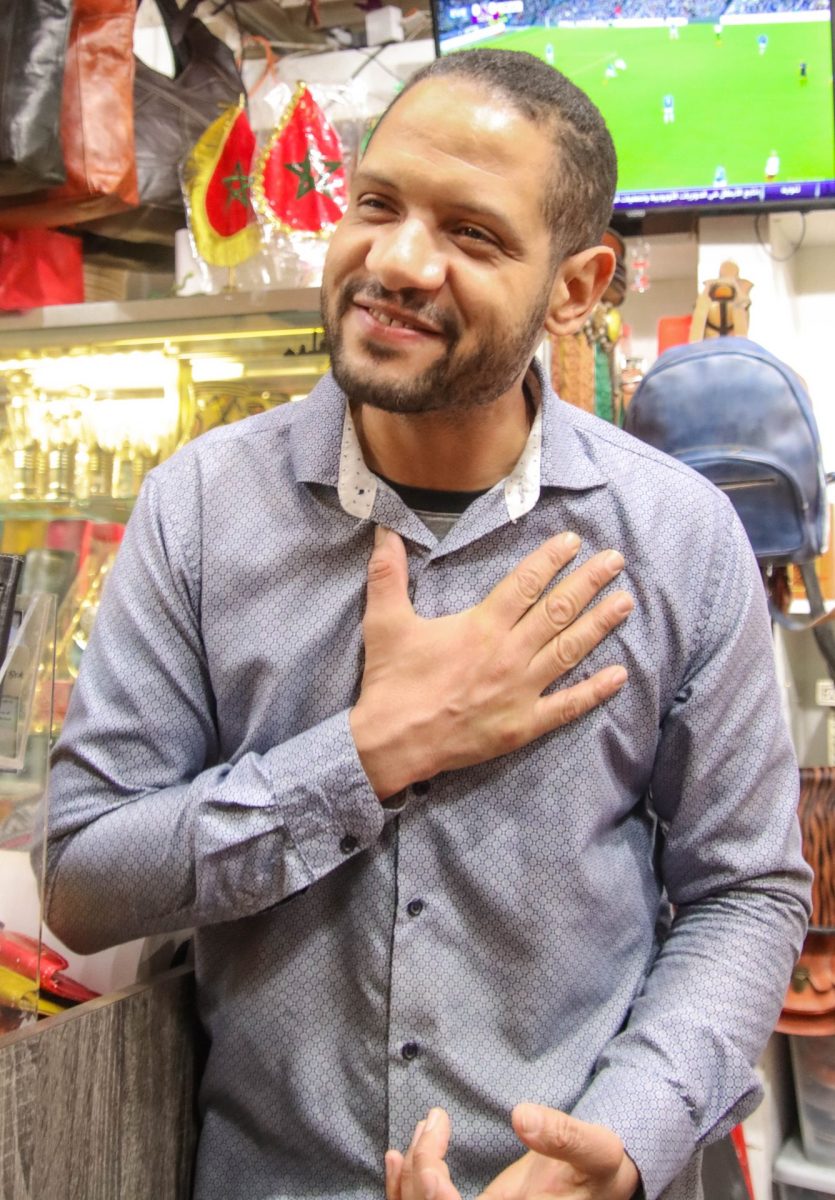


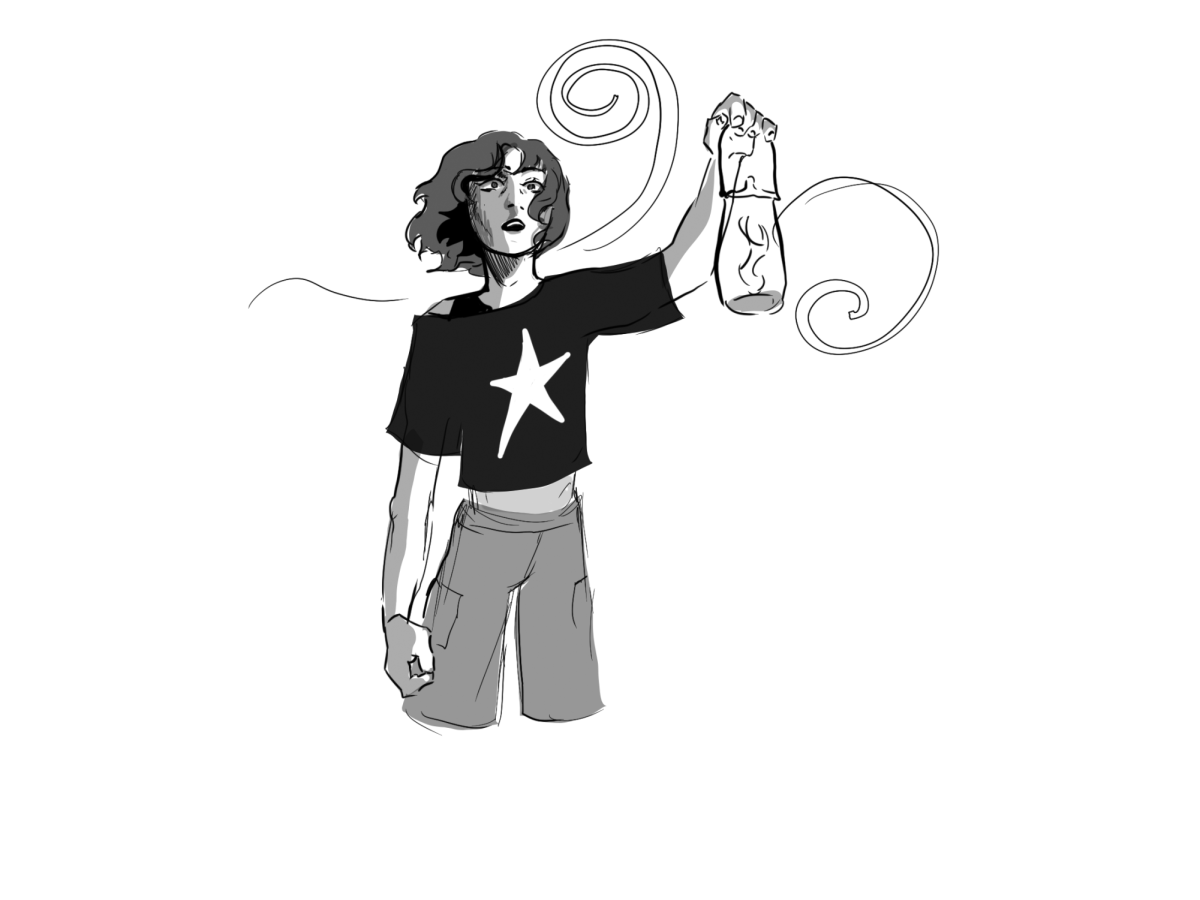

Emiko Burns • Mar 31, 2025 at 6:33 pm
This is absolutely an issue. Teachers seem to think it’s fine to deny or heavily restrict basic physiological needs, especially bathroom use. Even if you’re absolutely desperate, if someone else has the only pass, you can’t go. Students walking to the bathroom or just being in a stall are often treated like troublemakers just for having a normally functioning bladder. This is completely unacceptable. Another problem is that many teachers don’t respect their students’ dignity. They’re fine with intentionally humiliating and dehumanizing them, assigning impossible workloads while acting as if their class needs to be the only priority. If you can’t handle it, you’re a bad student. If you’re too exhausted to do the intense amount of socializing that the classwork entails, you will often be publicly criticized. If you balance your priorities instead of making that class your whole life, you’re not working hard enough. Personally, I’ve had teachers (only a couple, but that doesn’t make it okay) humiliate me to tears by talking loudly about my struggles with grades or assignments so the entire class can hear. Another issue is the lack of regard given to students’ opinions. Staff have an incredible amount of power, and they need to use it responsibly for everyone’s benefit. That can’t happen if all they are doing is creating more and more restrictions so that we can’t do much of anything except mindlessly work ourselves to complete exhaustion. As mentioned in the article, we are expected to act like adults but are treated as irresponsible, stupid subhumans. The overall lack of respect toward students is shocking and I sincerely hope to see change in the future – not just with individual teachers, but with policies establishing students’ rights.